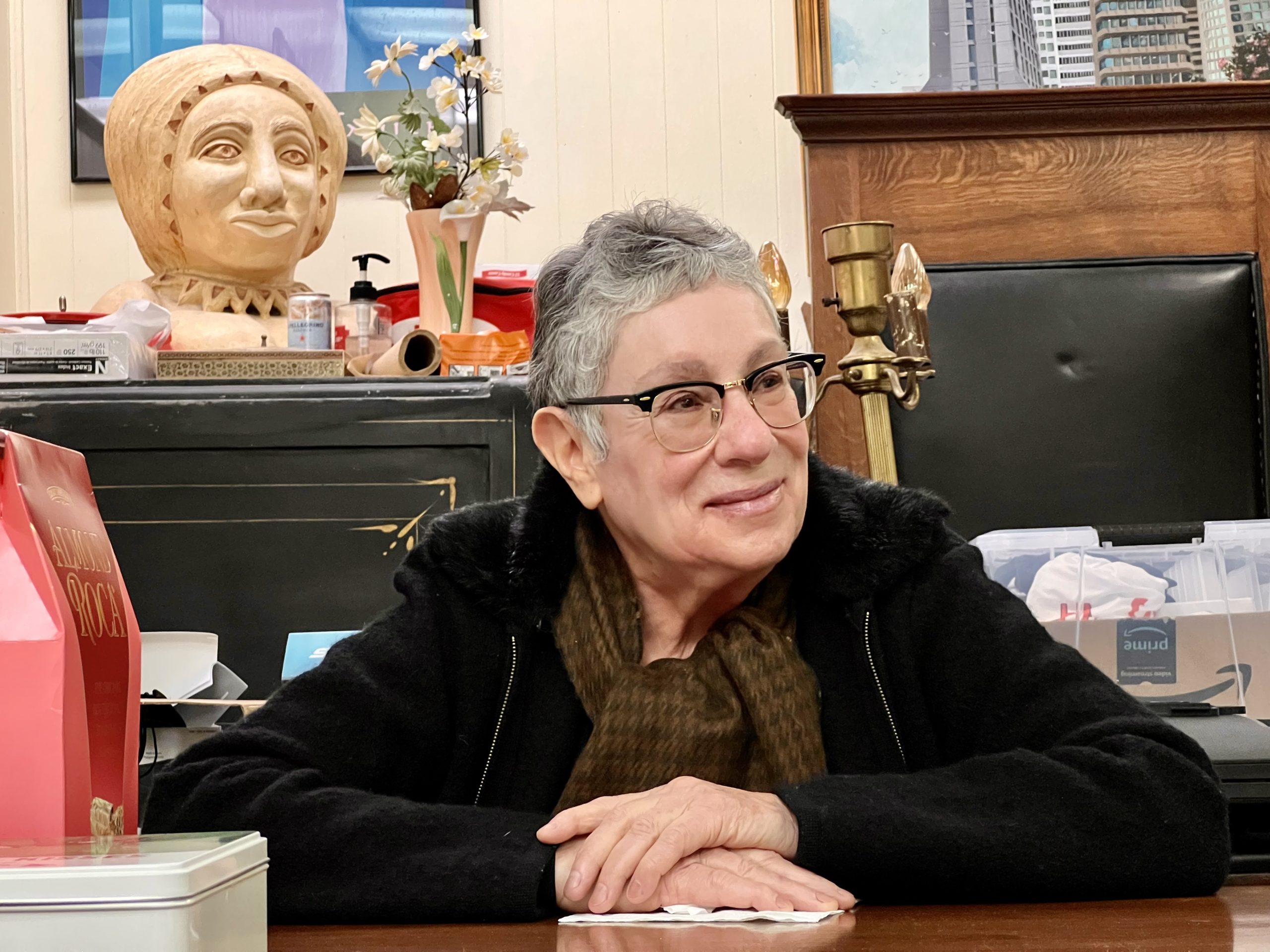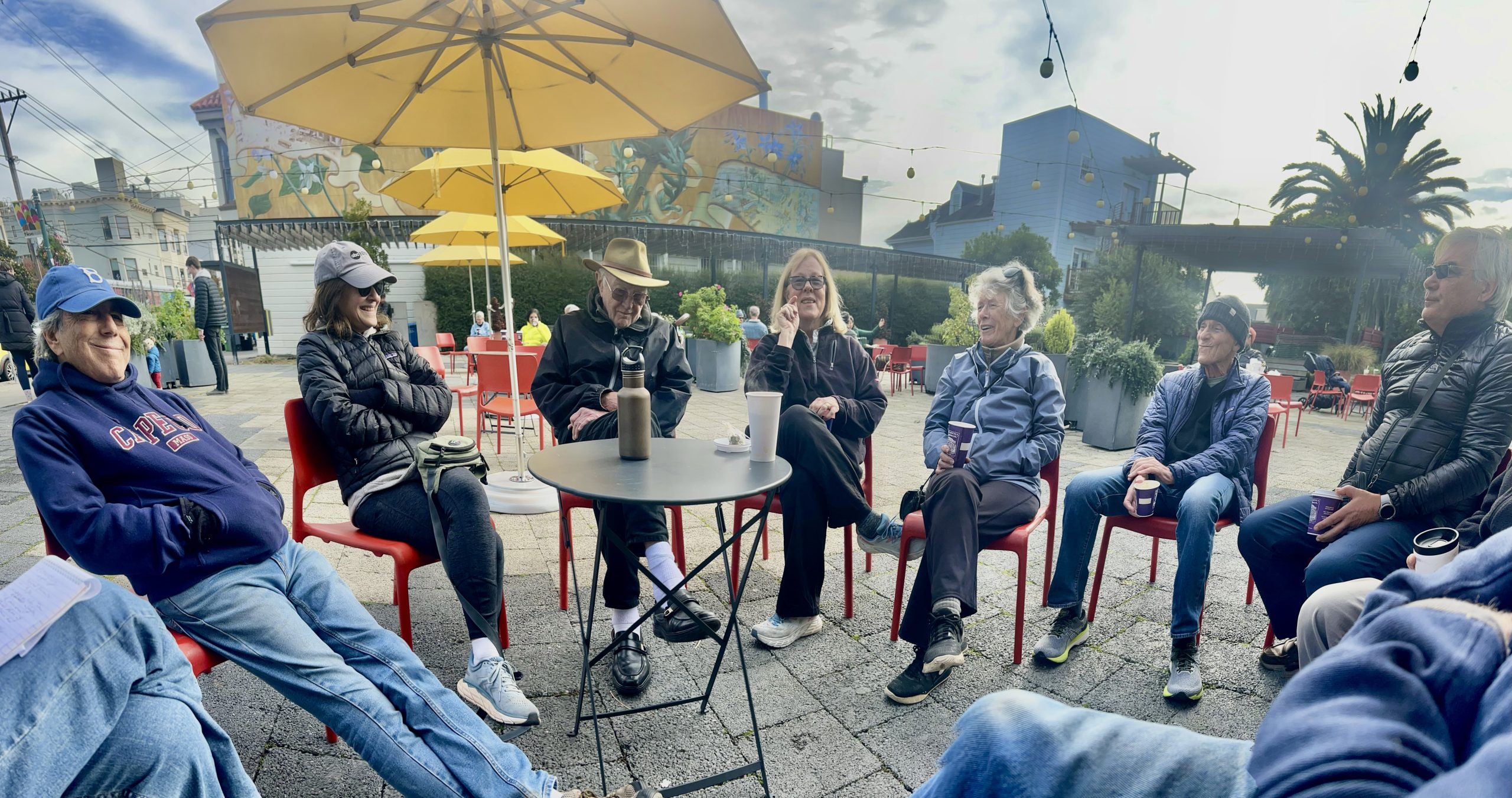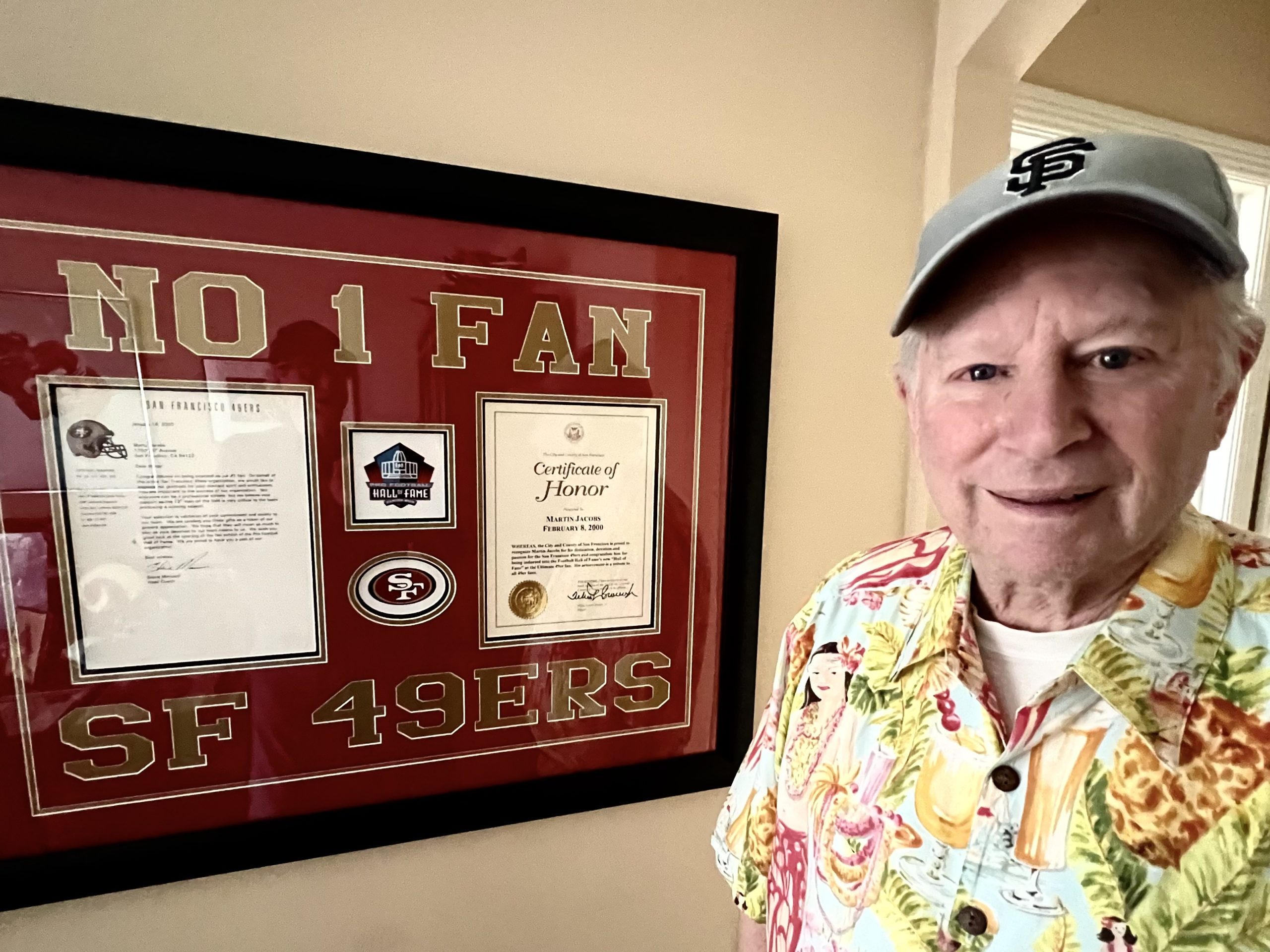Filipino author who helped spread the culture and history of his country still building community in S.F. and advocating for Asian Americans
When you don’t know the “other,” it’s easy to stereotype. If you want to learn about another culture, said Oscar Peñaranda, Filipino educator, author, and activist, “you need to read their literature, look at their artists.” Education, learning about others, enlarges your world and challenges your biases, and by education he refers to much more than what is covered in a school curriculum.
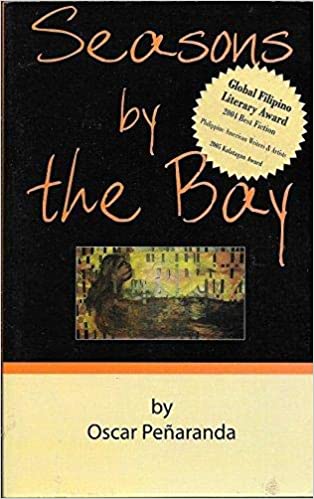
Ever since leaving his home in the Philippines as a young man, Peñaranda, now 76, has used stories to broaden awareness and deepen the understanding of Filipino history, achievements, and culture. He has lived more than half a century in San Francisco, but his influence spans countries.
His writings, about his childhood in the Philippines and early life in Canada and the U.S., have been anthologized in the U.S. and internationally. His books include a collection of poems, “Full Deck, Jokers Playing” – he’s an avid poker player – and “Seasons by the Bay,” an anthology of short stories. He is the winner of numerous awards and has lectured and held workshops across the U.S., from Stanford to Harvard.
Graduating with a master’s degree in Creative Writing from San Francisco State University, he became one of the first teachers in its fledgling Department of Ethnic Studies. He created its Filipino Studies program, which he taught for 12 years before leaving to work at Everett Middle School in San Francisco, and later James Logan High School in Union City. The Philippine writer’s guild honored him in 2012 with a lifetime achievement award for his work to help institutionalize Philippine studies in the United States.
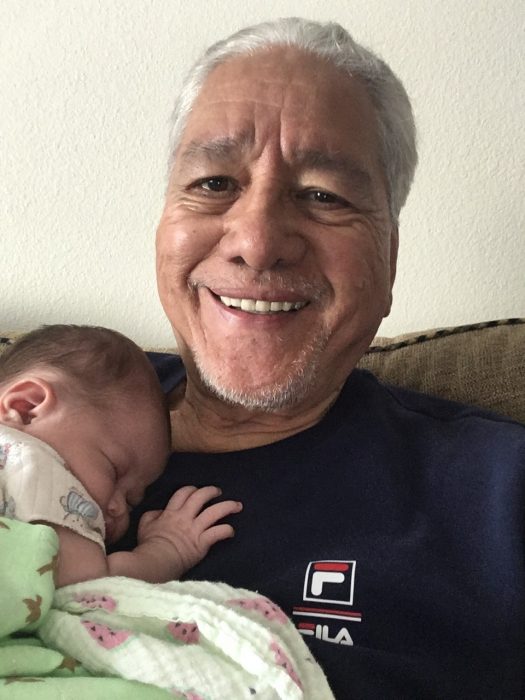
Also active in the local Filipino community, he founded the San Francisco chapter of the Filipino American National Historical Society and facilitates the Manilatown Film Festival. Though retired, he hasn’t stopped working; he has two books on his life ready to come out his year. Once travel restrictions are lifted, he plans to re-open his tour guide business, taking Americans to the Philippines.
’60s activism molded his perspective
Peñaranda came of age in the late ‘60s, an era of turbulent political change; protests against U.S. entry into the Vietnam War, the birth of the women’s movement and the struggle to organize farmworkers. In San Francisco, there was also the fight to save the International Hotel, an SRO housing many Filipino tenants. It was one battle in the struggle against redevelopment that was gentrifying minority communities. “So much was happening, it formed my view of the world,” he said.
Peñaranda was in graduate school at SFSU when students began lobbying for the creation of a department of Ethnic Studies. As one of the few Filipinos with master’s degree., he was hired to develop and teach Filipino Studies program.
Peñaranda was born in the Island of Leyte. His father’s father fought for Philippine independence; his mother’s family was Spanish, with a great love for dance and artistry. “We were a prominent family because of our education and civic-mindedness,” he said. When he was 12, his father was assigned to open the first Philippine Consulate in Canada, necessitating a move to Vancouver. Five years later, the family relocated to San Francisco when his father was assigned to the Philippine Consulate in the U.S. Ever since, the Bay Area has been his home.
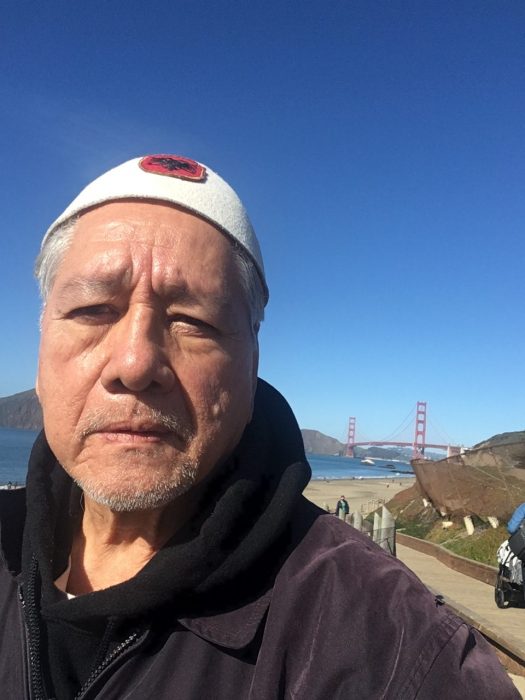
After graduating from St. Ignatius High School, Peñaranda continued his education at City College of San Francisco and SFSU. Summers, he picked fruit and waited tables in Las Vegas. Over 15 years, he joined the thousands of other Filipinos toiling in the Alaskan fishing canneries.
Today, he lives in the new International Hotel, rebuilt thanks to community pressure in 2005. The I-Hotel also houses the Manilatown Heritage Foundation, which preserves Filipino cultural history through its film festival and other programs.
Like many in this community, Peñaranda is concerned about rising anti-Asian sentiment. While anti-Asian violence is not new to this decade – “remember Vincent Chin,” he said, “the difference now is that it’s covered by the media, and Trump gave permission to express hatred.”
As far as he knows, none of the residents in the I-Hotel have been physically attacked. “We’re in an Asian neighborhood, near Chinatown and North Beach, where it’s safer for Asians. It’s when they leave the neighborhood that they need to be careful. The Hotel now offers classes in self-defense.”
Fighting anti-Asian sentiments
One of the ventures he’s involved in today aims to amplify voices silenced by anti-Asian hate. The Great AAPI Elder Print Off paired more than 100 Asian American/Pacific Island elders with AAPI artists for conversations that lead to the creation of downloadable posters.
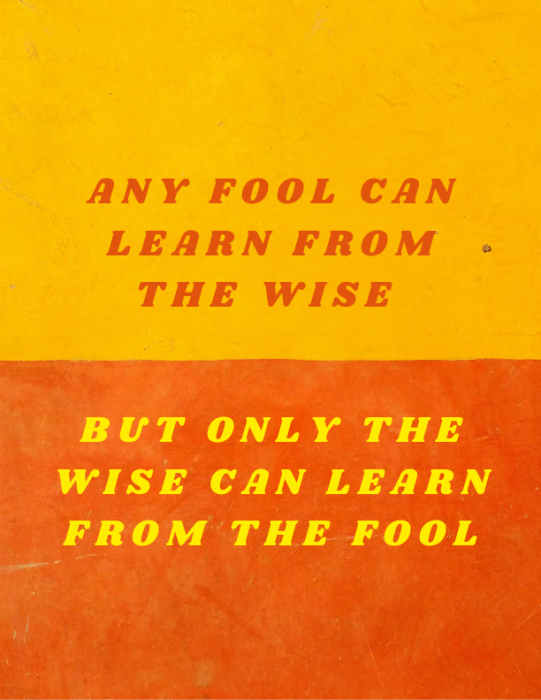
Peñaranda’s partner was Kate Gorospe Cole, a young Filipina American filmmaker and choreographer, whose poster shares one of his mottos: “Any fool can learn from the wise but only the wise can learn from the fool.”
The poster wasn’t the only product of their partnership. Aware of Cole’s interest in dance and film, Peñaranda shared his memory of witnessing the Kuratsa courtship dance as a young man in the Philippines. Using her movie making skills and archival footage, Cole produced a short film that Peñaranda narrates with one of his poems to share the beauty of this ritual.
The collaboration prompted Cole to call her grandpa. “I realized I understood how little I knew about the Philippines. Even though he’s a pastor with quite different values, I wanted to talk with him.”
Peñaranda, ever the educator, continues to seize every opportunity to awaken others to the culture and history of the Philippines and Filipinos. “It’s important to humanize Asian Americans. We’re a people with rich histories.”



